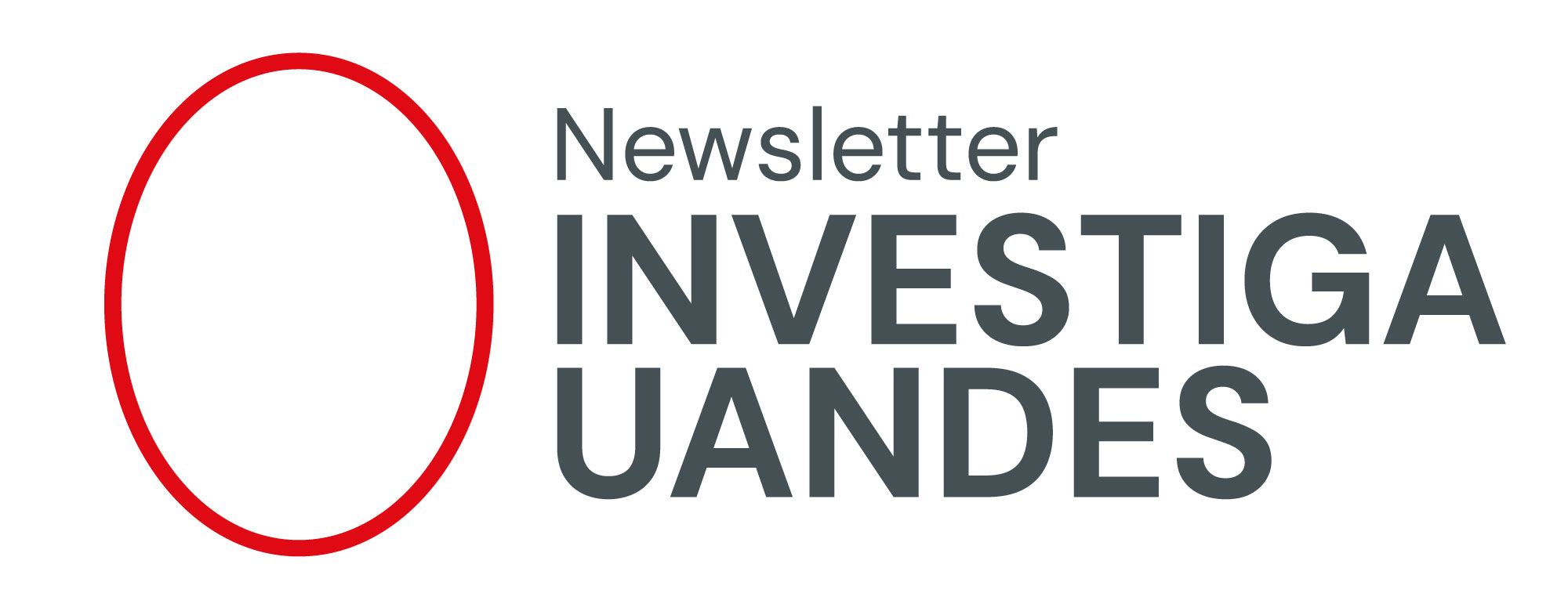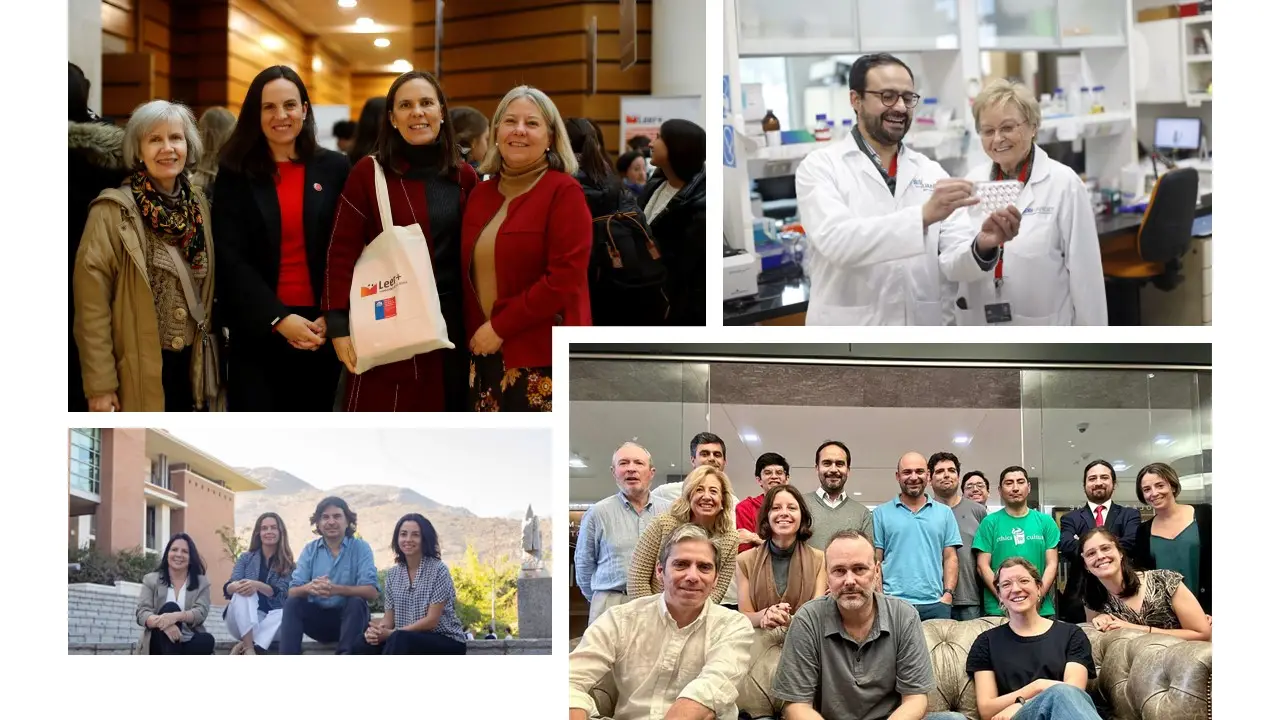Our university had a year of great developments in key areas such as health, sustainability, education and technology, in addition to international recognitions, interdisciplinary collaborations, and contributions to the progress of public policies in our country.
The year 2024 was a year of significant advances for Universidad de los Andes, with milestones that stood out in research, innovation, and contribution to social and scientific development at the national and international level.
The IMPACT Center led a revolutionary treatment for osteoarthritisusing umbilical cord-derived exosomes. The therapy showed promising results in its first patient and is being prepared for a Phase I clinical trial with 12 participants. For their part, researchers at the Center for Biomedical Research and Innovation, CiiB, advanced on a non-invasive method for early detection of Alzheimer's disease, combining cell biology and artificial intelligence.
In the area of mental health,an interdisciplinary team developed a blood test to diagnose bipolar disorder,while the JAPI project, focused on an educational video game, demonstrated its positive impact on the cognitive and emotional development of preschool children.
JAPI, an educational video game that demonstrated its positive impact on the cognitive and emotional development of preschool children.
Academic José Francisco Delpiano stood out with his LENSresearch, which uses artificial intelligence to diagnose skin diseases noninvasively. In addition, the Center for Territorial Studies addressed topics such as urban and rural sustainability, integrating the relationship between ecosystems and human habitat.
The School of Economics and Business Administration, created the Human Development Lab, focused on influencing public policies related to education and labor development.

Childhood and adolescence
The Leer+ project, led by Pelusa Orellana, improved its platform to strengthen students' reading comprehension through personalized exercises. In addition, Marianela Navarro investigated the reasons behind the low representation of men in basic educationa key issue in the face of Chile's teacher shortage.
From the School of Psychology, Álvaro Vergés initiated a longitudinal study on the relationship between impulsivity, sleep quality and the development of depressive symptomatology in young adults. Meanwhile, Consuelo Araos,a researcher at the Signos Center, is investigating the challenges of lower-middle-class youths in household formation, providing a sociological view on demographic changes in Santiago.
Recognition of our academics and students
During this year, Professor Rodrigo Astroza, the School of Engineering and Applied Scienceswas recognized as one of the most cited scientists in the world and named Structural Engineer of the Year. Likewise, María Jesús Araya, a doctoral student, won first place at the International Congress on Gene and Cell Therapy; and Dr. Fernando Figueroa Elizalde was inducted into the Chilean Academy of Medicine, highlighting his career in immunology and innovative cell therapies.
In the environmental field, the academic José Francisco Delpiano developed ArboCensus, an application for cataloging urban trees with citizen collaboration. In addition, an interdisciplinary team led by José Ignacio Martínez created a computational tool to improve legal certainty in projects subject to the Environmental Impact Assessment System (SEIA).
Commitment to society
The School of Dentistry, in collaboration with Universidad de La Frontera, made progress on a clinical guideline for the diagnosis and management of oral cancerwith the support of the Ministry of Health. In parallel, Consuelo Cerón from the School of Nursing, researched the implementation of Advanced Practice Nursing in Chile, highlighting its potential to address critical public health needs.
The School of Communication led two ANID-funded projects, focusing on the information pluralism and the analysis of disinformation in electionsreaffirming UANDES' commitment to the quality of information and democracy.
Research on information pluralism and analysis of disinformation in elections reaffirmed UANDES' commitment to the quality of information and democracy.
The year culminated with the award of 13 Fondecyt Initiation 2025 projects, with an award rate of 40.6%. In the conovocation Fondecyt Postdoctorate 2025 call, five projects sponsored by Universidad de los Andes were selected for awards, representing an award rate of 38.5%.
These, among many other advances, show the commitment of Universidad de los Andes to academia and research, and to ensuring the university's work has a positive impact on society.

